

Articles
How Much Does It Cost To Replace A Sink
Modified: January 23, 2024
Discover the average cost to replace a sink in this informative article. Find out key factors that impact the cost and get helpful tips for budgeting.
(Many of the links in this article redirect to a specific reviewed product. Your purchase of these products through affiliate links helps to generate commission for Storables.com, at no extra cost. Learn more)
Introduction
Replacing a sink can be an exciting home improvement project that can give your kitchen or bathroom a fresh new look. Whether you’re upgrading to a more modern style or replacing a damaged or outdated sink, it’s important to understand the factors that can affect the cost of the replacement.
In this article, we will discuss the various factors that can influence the cost of sink replacement, including materials, labor, and additional expenses. By gaining a better understanding of these factors, you can make informed decisions when planning your sink replacement project.
Keep in mind that the cost of sink replacement can vary depending on your location, the type of sink you choose, and the complexity of the installation. It’s always a good idea to consult with professionals and obtain multiple quotes to get a more accurate estimate for your specific project.
Now, let’s explore the factors that can impact the cost of sink replacement.
Key Takeaways:
- Sink replacement costs vary based on factors like material, labor, and additional expenses. Consider professional installation for quality work and potential warranties, and set aside a contingency budget for unexpected costs.
- When planning a sink replacement, factor in material costs, labor expenses, and additional considerations like removal, disposal, and permits. DIY can save on labor, but professional installation ensures quality workmanship.
Read more: How Much Does A Bathroom Sink Cost
Factors That Affect the Cost of Sink Replacement
Several factors can influence the cost of sink replacement. Understanding these factors can help you better plan and budget for your project. Here are some key considerations:
- Type of Sink: The type of sink you choose will have a significant impact on the cost. Basic stainless steel or porcelain sinks tend to be more affordable compared to high-end materials like granite or copper. Additionally, the style and design of the sink may affect the cost.
- Size and Complexity: Larger and more complex sink installations may require additional materials and labor. For instance, if you’re installing a double basin sink or a sink with intricate features, the installation process may be more time-consuming and require additional plumbing work.
- Material and Finish: Sink materials range from stainless steel and cast iron to ceramic and composite materials. Higher-quality and more expensive materials will naturally increase the overall cost. Keep in mind that certain finishes, such as specialty coatings or decorative designs, can also add to the price.
- Plumbing Modifications: Depending on the type of sink you choose and the existing plumbing setup, you may need to make certain modifications. This can include rerouting pipes, installing new valves, or upgrading the drain system. Plumbing modifications can add to the overall cost of the project.
- Location: The location where the sink replacement will take place can also affect the cost. Factors such as accessibility and regional labor rates can influence the overall price. Urban areas or places with higher living costs may generally have higher installation costs.
- Additional Fixtures and Accessories: Consider whether you’ll need to replace other fixtures and accessories along with the sink, such as faucets, handles, soap dispensers, or disposal units. These additional items can add to the total cost of the project.
It’s important to consider these factors and discuss your specific requirements with professionals to get a more accurate estimate for your sink replacement project.
Cost of Sink Materials
When replacing a sink, the choice of material is a significant factor that can influence the cost. Different sink materials offer varying levels of durability, aesthetics, and maintenance requirements. Here are some common sink materials and their associated costs:
- Stainless Steel: Stainless steel sinks are a popular choice due to their affordability, durability, and ease of maintenance. The cost of a stainless steel sink can range from $100 to $500, depending on the gauge of the steel, size, and design.
- Porcelain or Ceramic: Porcelain or ceramic sinks provide a classic and elegant look. They are relatively inexpensive, with prices ranging from $100 to $300 for standard sizes. However, specialty designs or colors may increase the cost.
- Composite Granite: Composite granite sinks offer a durable and natural, stone-like appearance. They are typically more expensive than stainless steel or porcelain, with prices ranging from $300 to $800 or more, depending on the size and brand.
- Copper: Copper sinks are known for their unique and aesthetically pleasing appearance. These sinks require regular maintenance to prevent tarnishing, and they can cost between $500 and $1,500, depending on the size and craftsmanship.
- Cast Iron: Cast iron sinks are heavy and durable, and they come in a variety of enamel finishes. The cost of a cast iron sink can range from $300 to $1,000, depending on the size and the brand.
Remember that these price ranges are approximate and can vary based on factors such as brand, design, and geographical location. It’s important to consider your budget, style preferences, and maintenance requirements when selecting the right sink material for your replacement project.
Cost of Labor
In addition to the cost of the sink itself, you need to factor in the expense of professional labor for the installation. The labor cost can vary depending on several factors:
- Installation Complexity: The complexity of the sink replacement project will influence the labor cost. For example, installing a basic drop-in sink may be less time-consuming than a undermount or farmhouse sink installation, which may require additional cutting and modifications to the countertop.
- Plumbing Work: If the sink replacement requires plumbing modifications or relocation, the labor cost will likely be higher. This can include adjusting water supply lines, connecting drains, or rerouting pipes to fit the new sink design.
- Skills and Experience: The labor cost can also vary depending on the skill level and experience of the professional contractor or plumber. Highly skilled and experienced professionals may charge a higher rate for their services.
- Geographical Location: Labor costs can also be influenced by the geographical location. Areas with higher costs of living or where skilled labor is in high demand generally have higher labor rates.
The labor cost for sink replacement typically ranges from $200 to $500, depending on the complexity of the project and your location. It’s important to obtain multiple quotes from reputable professionals in your area to get a more accurate estimate.
Remember, while hiring a professional can add to the overall cost, it ensures that the sink is installed correctly and reduces the risk of potential issues or damages that can arise from DIY installation.
When replacing a sink, consider the cost of the new sink, installation labor, and any additional materials needed such as plumbing fixtures or sealant. It’s also important to factor in any potential additional costs for removing the old sink and making any necessary repairs to the surrounding area.
Additional Costs to Consider
When budgeting for a sink replacement project, it’s important to consider any additional costs that may arise. These costs can vary depending on your specific circumstances and requirements. Here are some common additional expenses to consider:
- Removal and Disposal: If you’re replacing an existing sink, you may need to account for the cost of removing and disposing of the old sink. This can involve labor and disposal fees, which can range from $50 to $200, depending on the size and type of the sink.
- Countertop Modifications: Depending on the type of sink you choose, you may need to make modifications to the countertop to accommodate the new sink. This can involve cutting or resizing the countertop, which may require professional assistance and incur additional costs.
- Additional Plumbing Fixtures: Along with the sink replacement, you may also need to upgrade or replace other plumbing fixtures such as faucets, handles, or drain assemblies. These additional fixtures can add to the overall cost of the project, depending on the quality and design you choose.
- Permits and Inspections: Some localities may require permits or inspections for certain sink replacement projects. The cost of obtaining permits and scheduling inspections should be considered in your budget. Check with your local building authority to determine if any permits or inspections are necessary for your project.
- Unexpected Issues: It’s crucial to prepare for unexpected issues that may arise during the sink replacement process. For example, if there are underlying plumbing problems or structural issues, additional repairs or reinforcements may be needed, leading to additional costs.
While it may be challenging to estimate these additional costs accurately, it’s essential to set aside a contingency budget to account for any unforeseen expenses that may arise during the project.
By considering these additional costs, you can ensure that your budget is comprehensive and avoid any surprises along the way.
Read more: How Much Does It Cost To Replace A Chimney
DIY vs. Hiring a Professional
One important decision you’ll need to make when planning a sink replacement project is whether to tackle the installation yourself or hire a professional. While taking the DIY route can save you money on labor costs, there are several factors to consider before making a decision:
- Skill and Experience: Installing a sink may seem straightforward, but it requires knowledge of plumbing, carpentry, and proper installation techniques. If you have limited experience or are unfamiliar with these tasks, hiring a professional is recommended to ensure a successful installation and avoid potential issues.
- Time and Effort: Sink replacement projects can be time-consuming, especially if modifications to the countertop or plumbing work are required. Consider your available time and energy level for the project, as well as your willingness to handle potential challenges that may arise along the way.
- Tools and Equipment: Installing a sink properly requires specific tools and equipment. If you don’t already own these tools, you’ll need to purchase or rent them, adding to the overall cost of the project. Professionals come equipped with the necessary tools, ensuring a smooth and efficient installation process.
- Quality and Warranty: Hiring a professional ensures that the sink will be installed correctly and according to industry standards. This can provide you with peace of mind and may include warranties on both the sink and the installation work. DIY installations may not offer the same level of quality or assurance.
- Potential Cost Savings: While hiring a professional involves labor costs, their expertise can help you avoid costly mistakes and the need for rework. Improperly installed sinks can lead to leaks, water damage, and additional expenses in the long run. A professional installation can save you from these potential headaches and expenses.
Ultimately, the decision between DIY and hiring a professional will depend on your skill level, available time, budget, and comfort with taking on the project yourself. Consider consulting with professionals to get an estimate for the labor cost and weigh it against your own abilities and resources.
Remember, if you do decide to tackle the project yourself, conduct thorough research, follow installation instructions carefully, and consult relevant resources to ensure a successful and safe installation.
Conclusion
Replacing a sink can give your kitchen or bathroom a fresh new look and improve functionality. It’s important to understand the factors that can impact the cost of sink replacement in order to plan and budget effectively. By considering the various factors mentioned in this article, you can make informed decisions that align with your requirements and budget.
The cost of sink replacement can be influenced by factors such as the type of sink, materials used, installation complexity, additional plumbing work, and your geographical location. Understanding these factors will help you estimate the overall cost more accurately and avoid any budget surprises.
While materials and labor costs are significant considerations, don’t forget to account for additional expenses, such as removal and disposal of the old sink, countertop modifications, and any necessary permits or inspections. Setting aside a contingency budget for unexpected issues will also ensure a smoother project execution.
When it comes to installation, you have the option of either DIY or hiring a professional. Consider your skill level, available time, and willingness to handle potential challenges before making a decision. While DIY can save on labor costs, hiring a professional ensures proper installation, quality workmanship, and potential warranties.
Remember to obtain multiple quotes from reputable professionals, conduct thorough research, and consult with experts to ensure a successful sink replacement project.
By considering all these factors and making informed choices, you can enjoy a beautifully transformed space with a new sink while adhering to your budget and achieving the desired outcome.
Frequently Asked Questions about How Much Does It Cost To Replace A Sink
Was this page helpful?
At Storables.com, we guarantee accurate and reliable information. Our content, validated by Expert Board Contributors, is crafted following stringent Editorial Policies. We're committed to providing you with well-researched, expert-backed insights for all your informational needs.




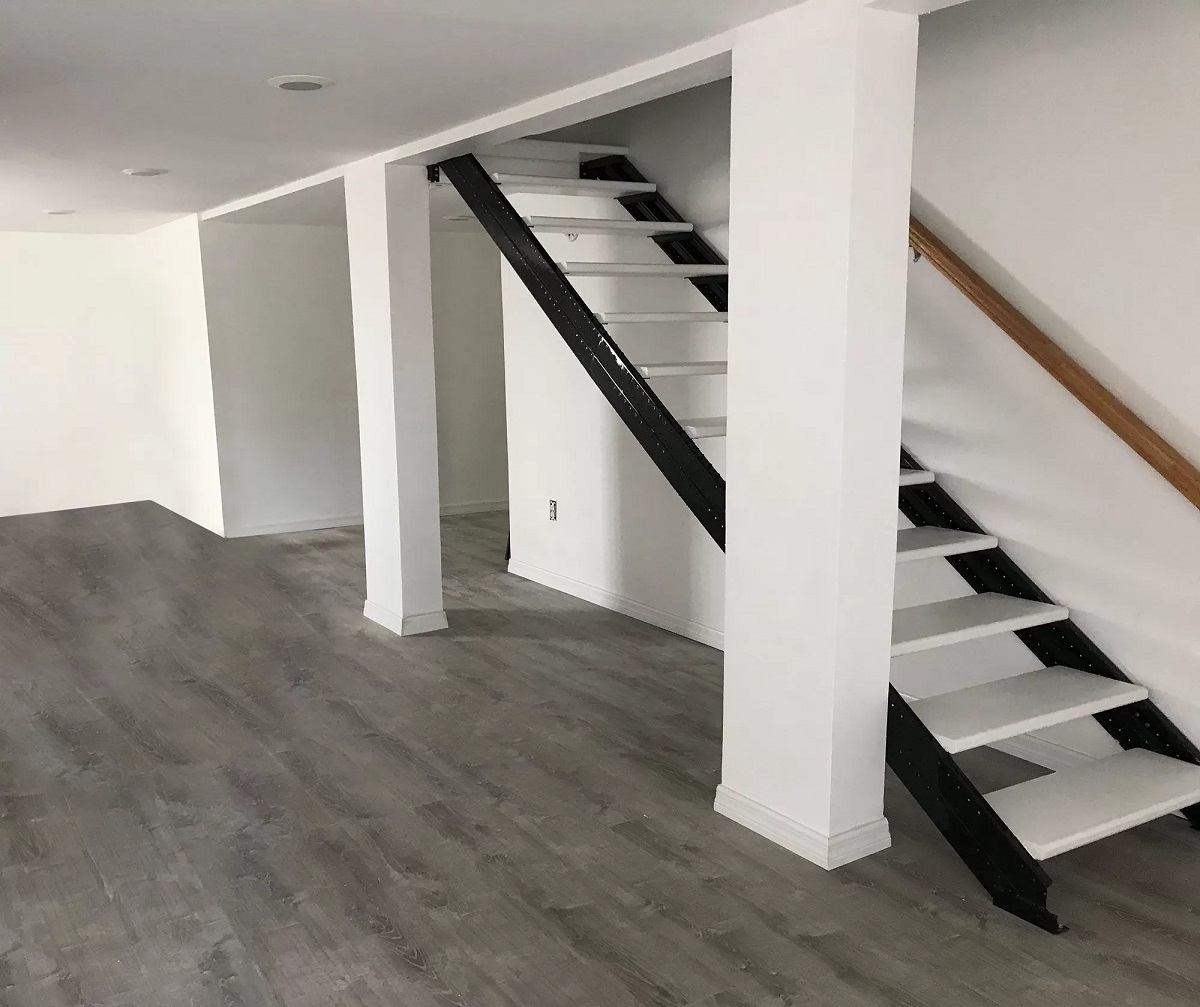
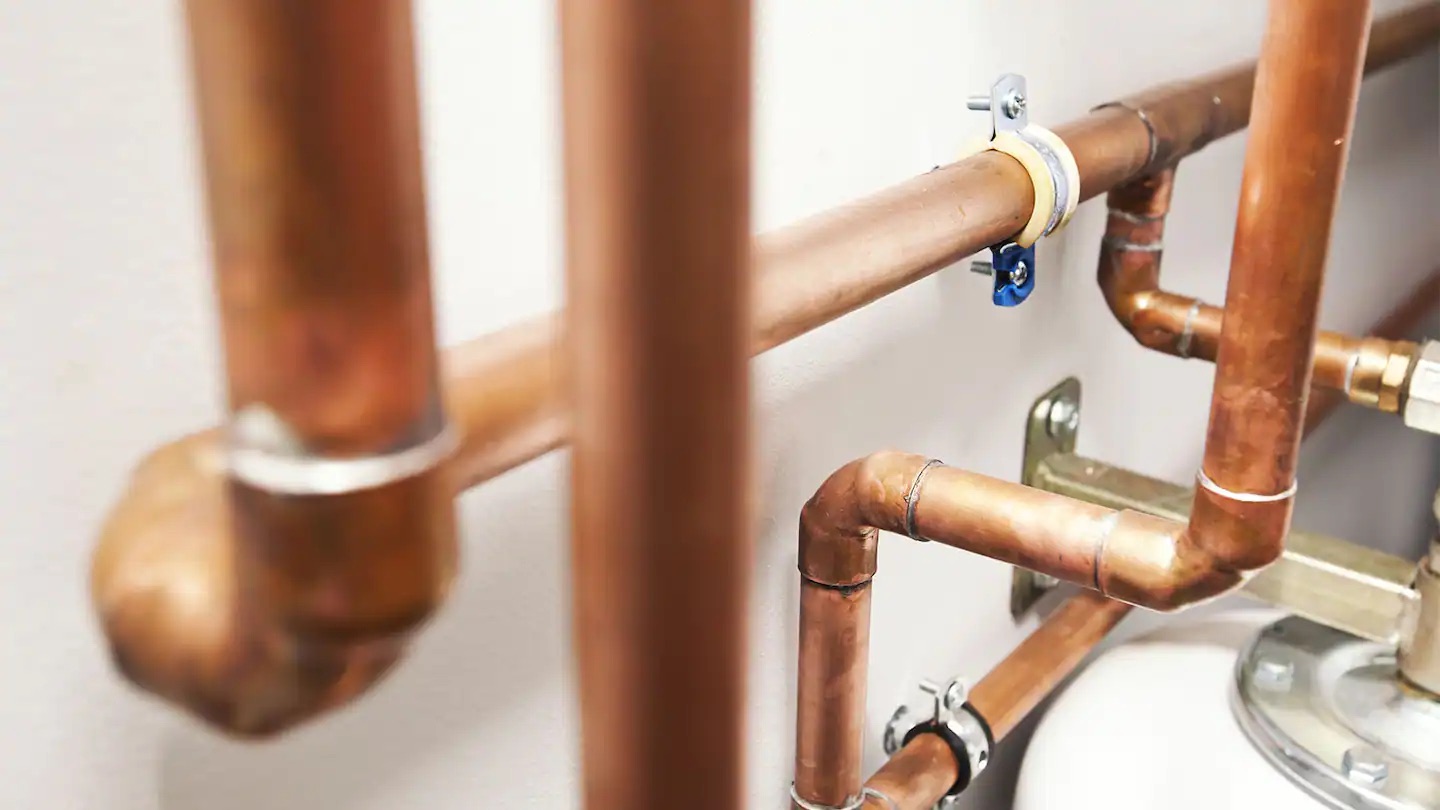
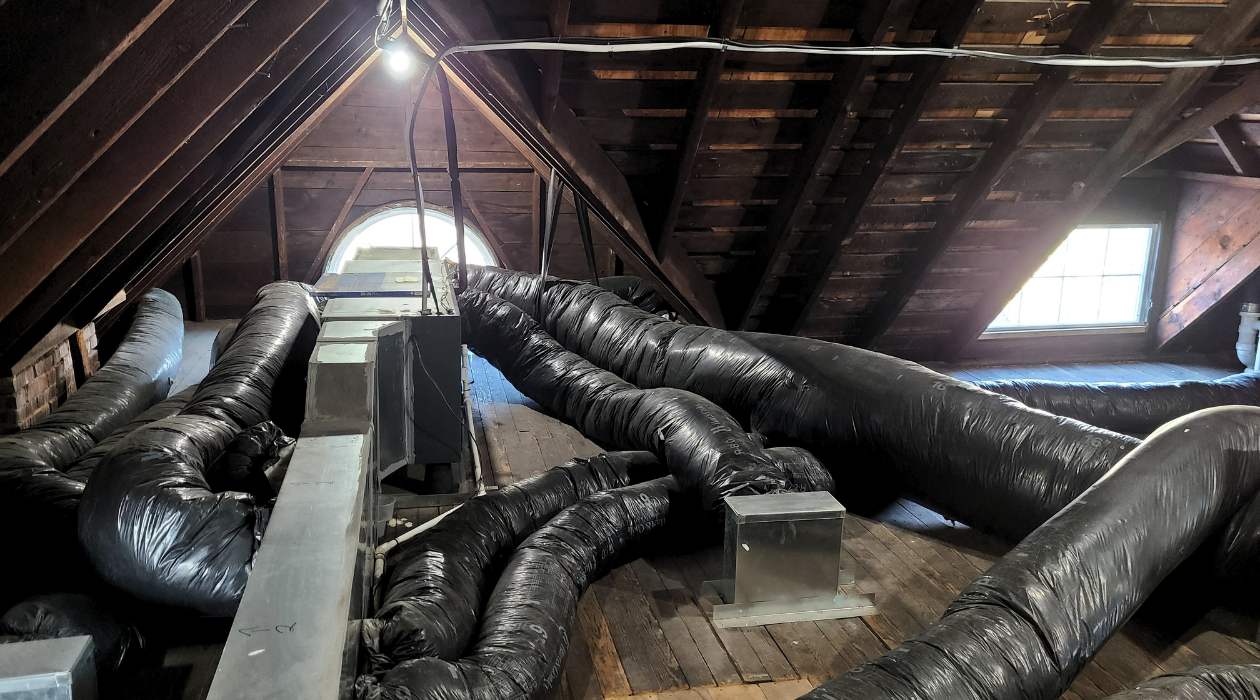



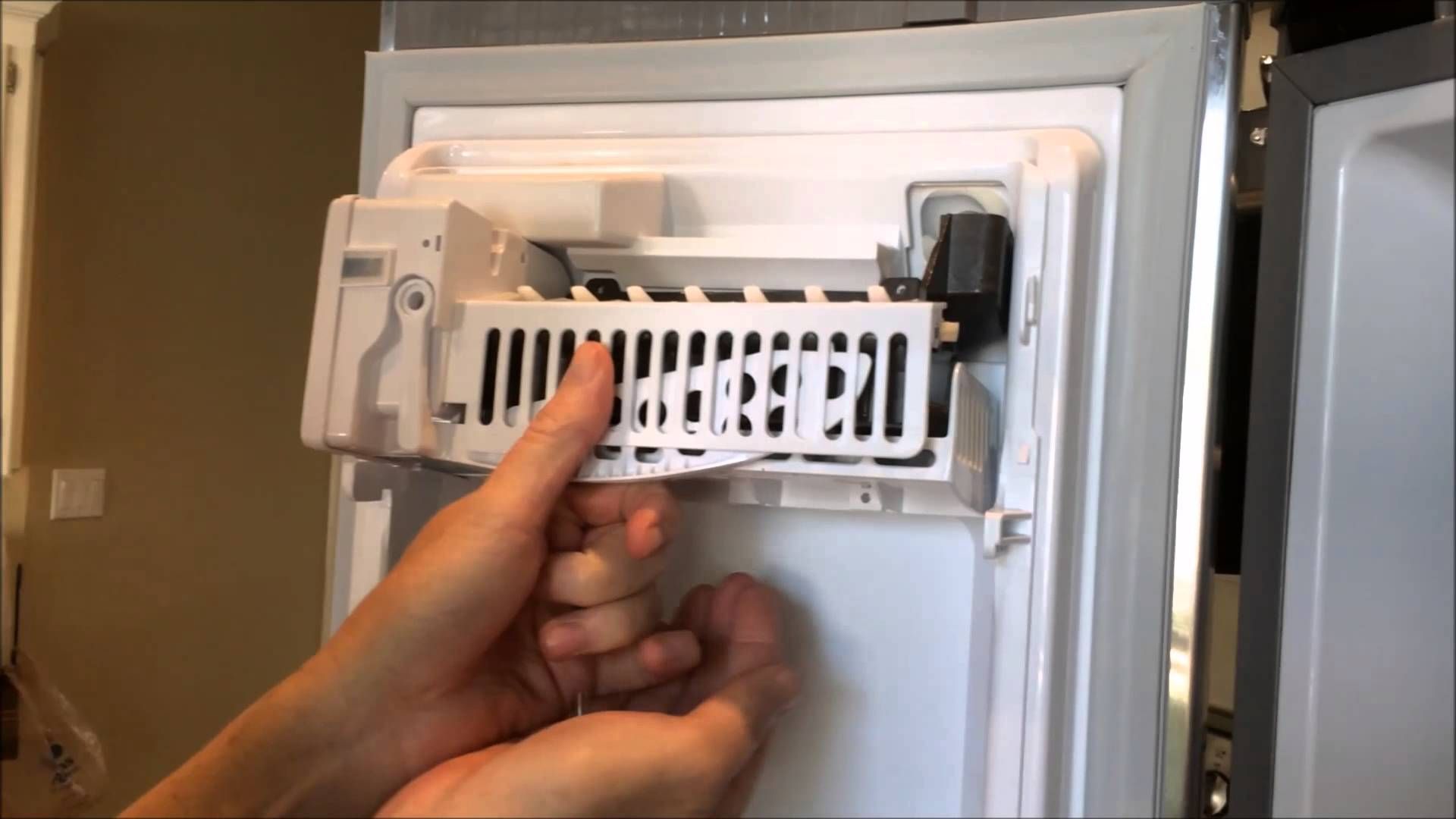
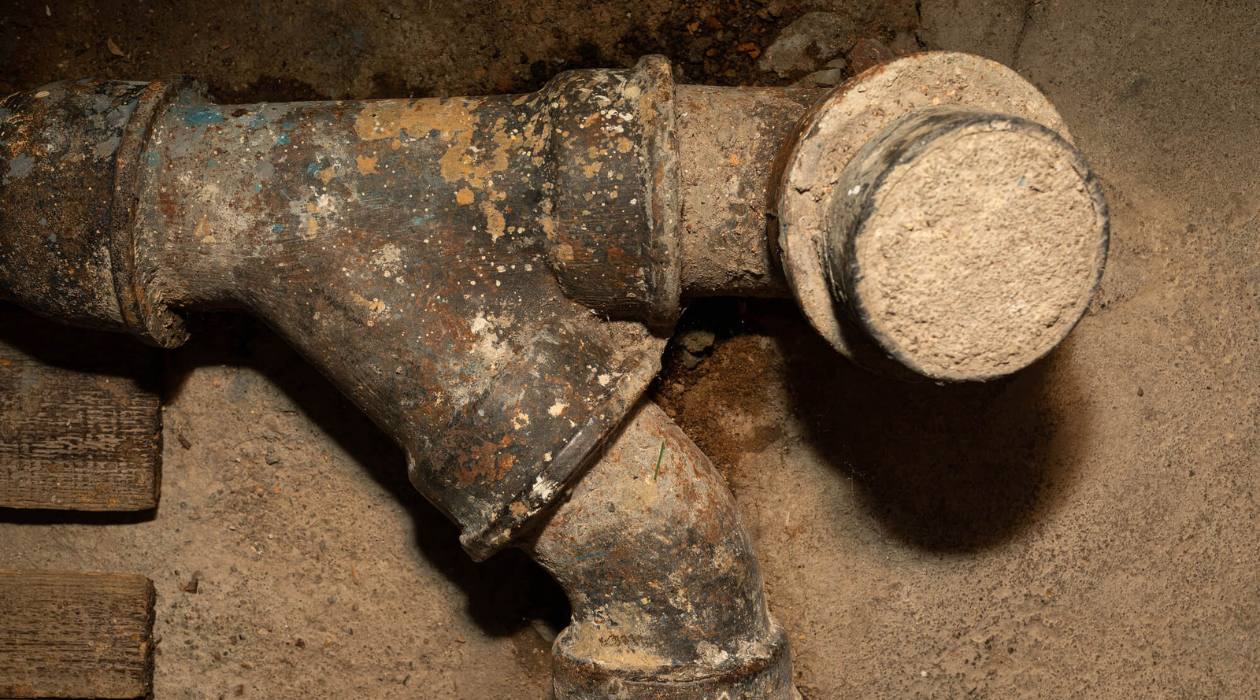
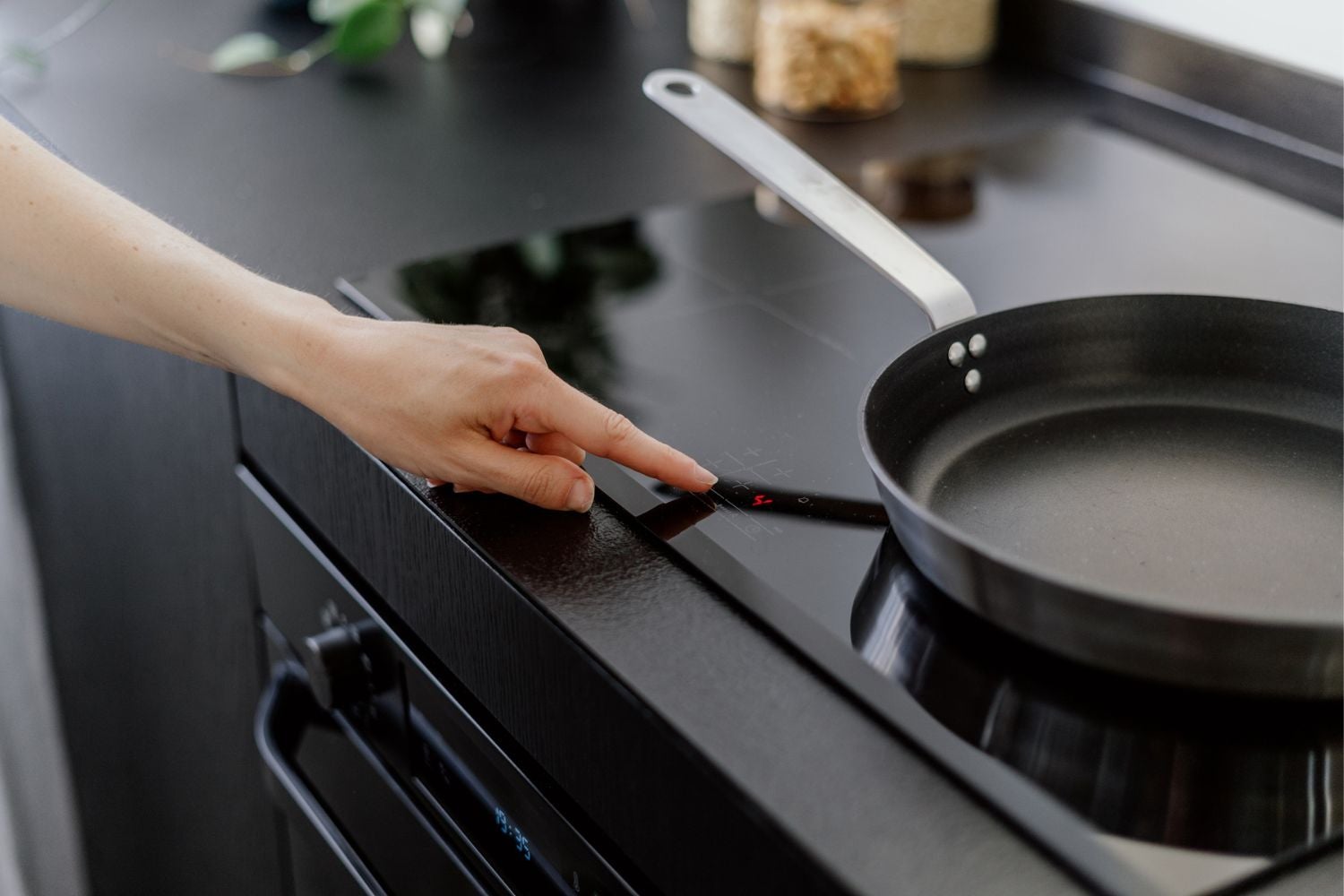
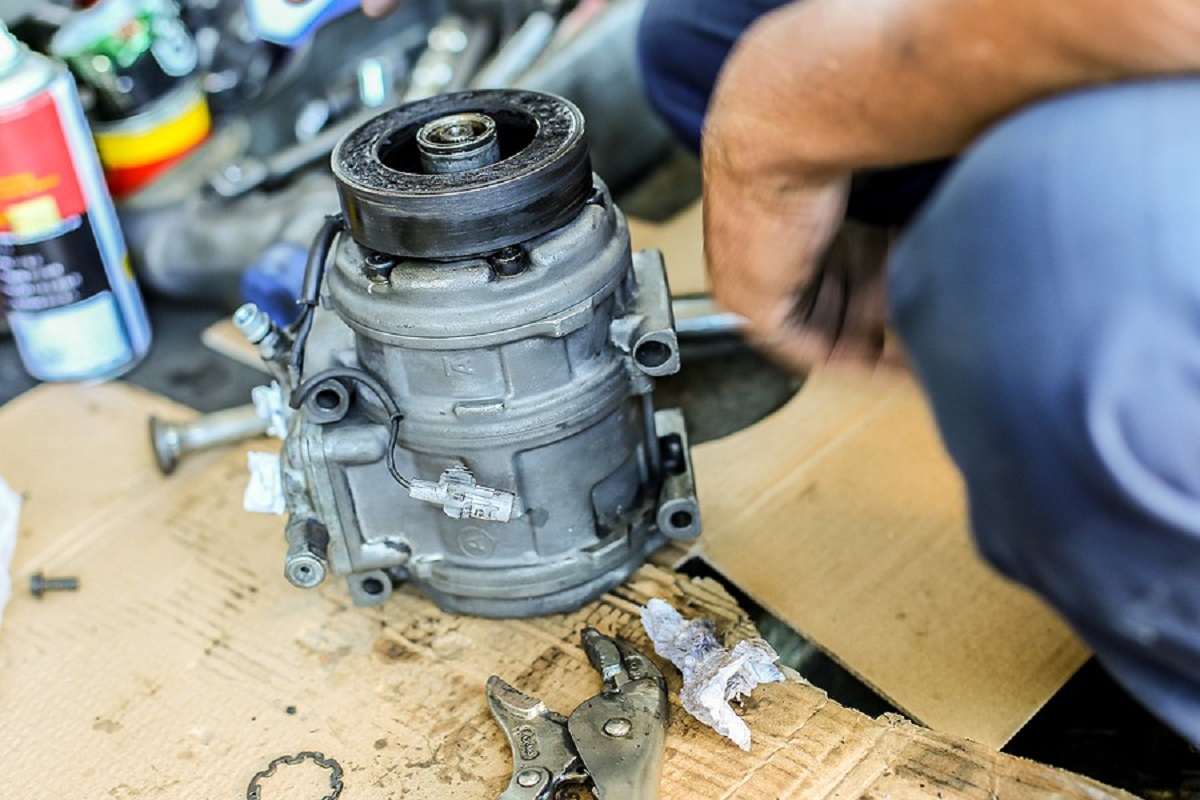

0 thoughts on “How Much Does It Cost To Replace A Sink”